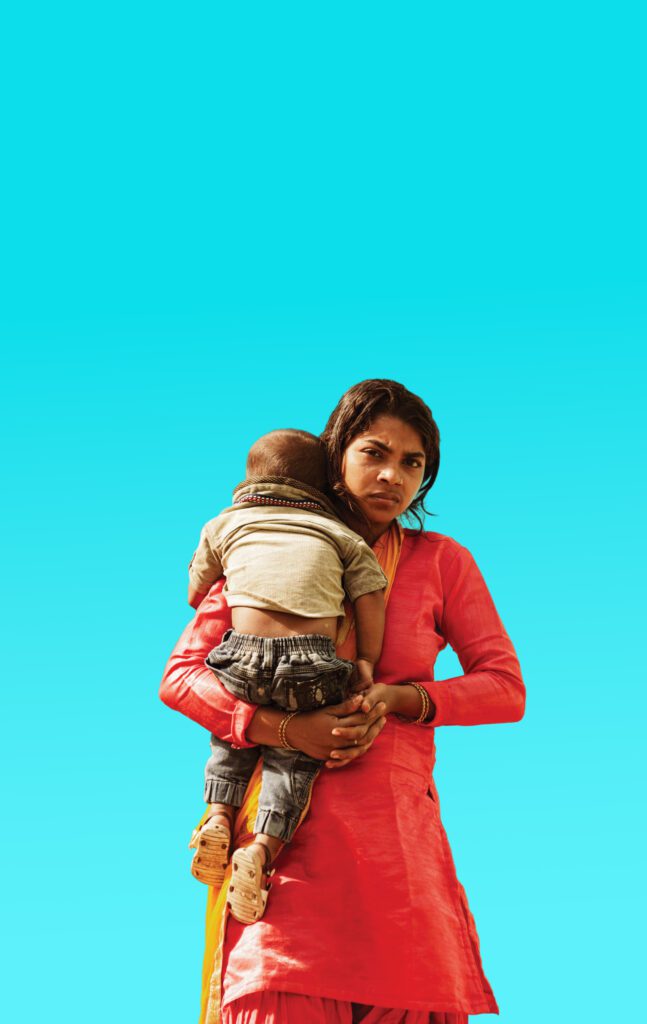
No matter how many times Congressional budget stalemates lead to the threat of a government shutdown, it is always front page news. It was again on this past weekend. A New York Times page 1 story warned that “with time running short … Congressional leaders are increasingly pessimistic about reaching a bipartisan budget deal that would avert a government shutdown in early April.” The Washington Post chronicled the impact of budget indecision on Navy shipbuilding and the space program.
The drama of such stand-offs, and the dire consequences that follow, are the bread and butter of journalism. But for millions of Americans – the most vulnerable and voiceless among us – the government has been effectively shut down for so long it is not even news.
Consider that of the 47 million Americans who live below the poverty line, 19 million (up from 12.5 million in 2000) live in extreme poverty – below half of the poverty line: $7500 a year for a family of three or $11,500 a year for a family of four. It is hard to imagine a more dire set of circumstances, and a more compelling reason for bold government action.
But for these fellow citizens the government has already been shut down to their needs. There has been no serious effort to create jobs for them. There is no national commitment to allocating the resources that would ensure a quality education for their kids. The national conversation is focused relentlessly elsewhere. Unlike wealthy Americans or corporate lobbyists, the poorest Americans have virtually no opportunity to speak with their Senators or members of Congress about their plight. They don’t belong to influential national organizations with offices on K Street. And unlike those from industries such as energy, banking, insurance, housing, etc. they have no national champion who can be counted on to be their voice.
Peter Edelman, a law professor at Georgetown University who was the top legislative assistant to Bobby Kennedy remembers when Kennedy played that role, visiting Appalachia and the Mississippi Delta and insisting that poverty be at the top of the national agenda. Interviewed in the March 22 issue of The Nation he asks: “I really do wonder why we don’t have people who hold elected office who speak more clearly? Where is the Robert Kennedy of this generation?”
“Something has to happen to get people off their tail”, Edelman continues “to get people back to the level of commitment and enthusiasm that they had—it turns out ever so briefly when they elected Obama to be president. And to get out into the streets—both literally and metaphorically. We had Madison, which we might say was our Cairo. And we need people all over the country to stand up in the same way and say, “I’m opposed to the direction that these things are going.” There has to be some sense of outrage about that and the only way that’s going to be is if people will stand up and speak up for themselves. Any sort of sustained change from the progressive side has got to come from the grassroots. We’re the side that depends on people power.” (The entire interview with Edelman can be found at http://www.thenation.com/article/159381/us-poverty-past-present-and-future)
Even the prospect of a government shutdown represents a profound failure of our political markets. It comes on top of the failure of economic markets to produce jobs to replace those that once existed in manufacturing. This is why the efforts of Share Our Strength and CWV to respond to such market failures, to at bridge the gap with innovative and entrepreneurial solutions, are so critical.
Even when the government is officially shut down there are always a few “essential personnel” required to show up at work to help avoid the most catastrophic consequences. For those for whom the government already seems to be shutdown to their needs – those who are hungry, homeless, unemployed – we are and have always been the essential personnel. One of our greatest responsibilities is to remember that even when, especially when, the news forgets.


